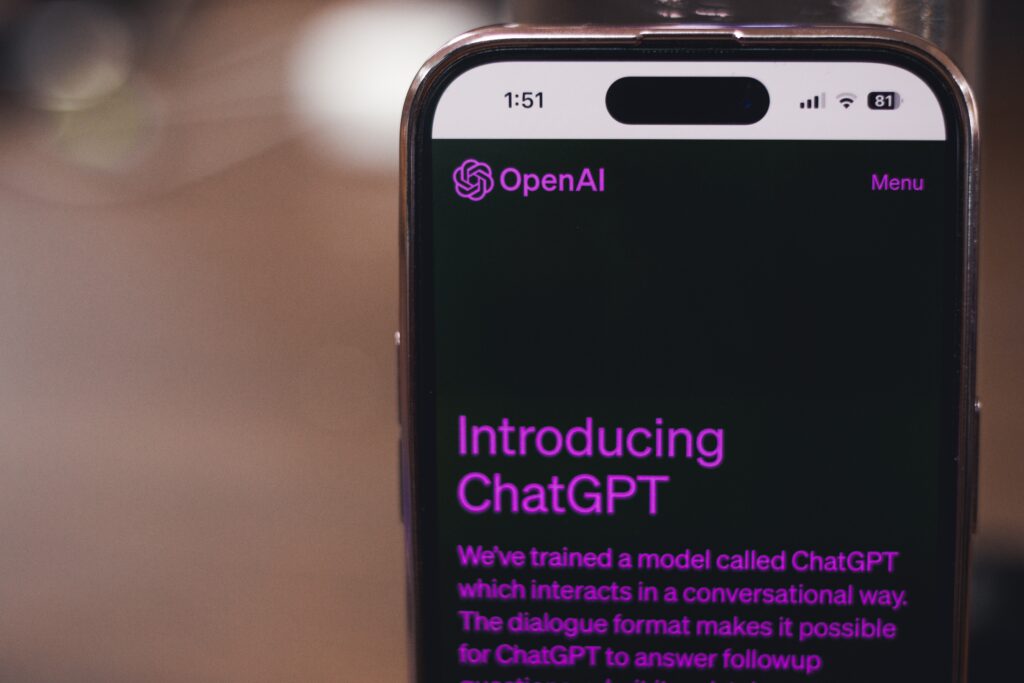Latest report also suggests the rise in use of generative AI within the sector.
LinkedIn’s The B2B Marketing Benchmark paper makes positive reading as the world’s largest professional network signals marketing is in rude health.
Surveying nearly 2,000 senior B2B marketing and finance leaders, ‘financial fluency’ investments mean optimism is rife with 65% of respondents expecting marketing budgets to grow over the next year.
Becoming ‘financially fluent’ is key to this confidence with CMOs suggesting they have learnt the language of finance (80%) and strengthened their skills to prove the value of brand marketing to their CEO and CFO (84%).
Antonia Wade, global chief marketing officer at PWC, says: “It’s great to see B2B leaders continue to show that marketing is a real driver of commercial growth for their companies.
“This is underpinned by a unique combination of resilience and creativity that their teams display, including embracing new technologies. We are in a golden era of B2B marketing, and the optimism that businesses have in marketing’s ability to innovate, create relevant messages at scale and deliver outstanding financial returns is all evidence of that.”
Janet Hull OBE, director of marketing strategy, Institute of Practitioners in Advertising (IPA) agrees. “The results from the report perfectly reflect the cautious optimism returning to the marketing sector as a whole. IPA studies have continually demonstrated that strong brands deliver better returns – whatever the sector or landscape, and it is hugely encouraging to see that this message is now being heard across B2B Boards.
“The next wave of B2B growth will undoubtedly come from those who can take advantage of their voice at board level to reinforce the importance of measuring long term, as well as short, to unlock the true financial rewards that strong brands can deliver. Such an exciting place to be.”

Artificial intelligence will be a gamechanger
This increased desire to clearly demonstrate ROI is underlined by the evolving generative AI movement.
Applications such as ChatGPT, Bard and IBM Watson will be used by marketers to create more content in less time (56%), improve efficiency (55%), and create engaging content (51%).
“B2B marketing propels brands and business growth when it’s rooted in a deep understanding of the buyer. Companies seeking to engage B2B decision-makers are hungry for compelling content and creative experiences that will captivate and motivate customers,” claims Joseph Kingsbury, US managing director, Edelman Business Marketing.
“Generative AI will transform how companies use insights to both understand buyers and deliver on those experiences.”
Report: How ChatGPT will change marketing (for better or worse)
Launching back in 2020 as a prototype, ChatGTP has become most industry’s go-to AI buzz term in less than three years. But is not just hype; within five days of launching, it crossed one million users.
Created by OpenAI CEO Sam Altman, all the iterations of ChatGTP (legacy and default 3.5 and 4) generate human-like responses to text input, using context, cultural considerations and language. With access to huge datasets, the system can hold natural and flowing conversations rather than spitting out predetermined responses.
Machine learning technology allowing computers to learn from experience means that ChatGPT can potentially hold incredibly nuanced and niche conversations in the future, and may even ultimately unlock human emotional cues.
In many ways, the largest ramification of ChatGPT and similar technology is the creation of complex, content-driven automated processes, freeing up human time.
Perhaps unsurprisingly, the ‘godfather of martech’ himself, Scott Brinker, recognises the significance of generative AI.
“We are in a new era of marketing since the launch of ChatGPT. The sector is reinventing itself and it feels as though we are on the cusp of what is going to be another major change of how the world works, how companies operate and how customers remain engaged.
“ChatGPT and other artificial intelligence (AI) tools will aid content creation and provide more dynamic personalisation like never before,” Scott predicts.
“Though there are many benefits to the way ChatGPT will shape the marketing world, there are potential challenges. A lot of transformation within teams in a short period of time is going to be hard.
“Change is disruptive, but even more so because ChatGPT’s changes, and the advancement of AI more generally, are all continual adjustments. It is all moving at a blindingly fast pace. Close attention needs to be paid to these changes and we must be prepared to frequently adapt for the foreseeable future.”





